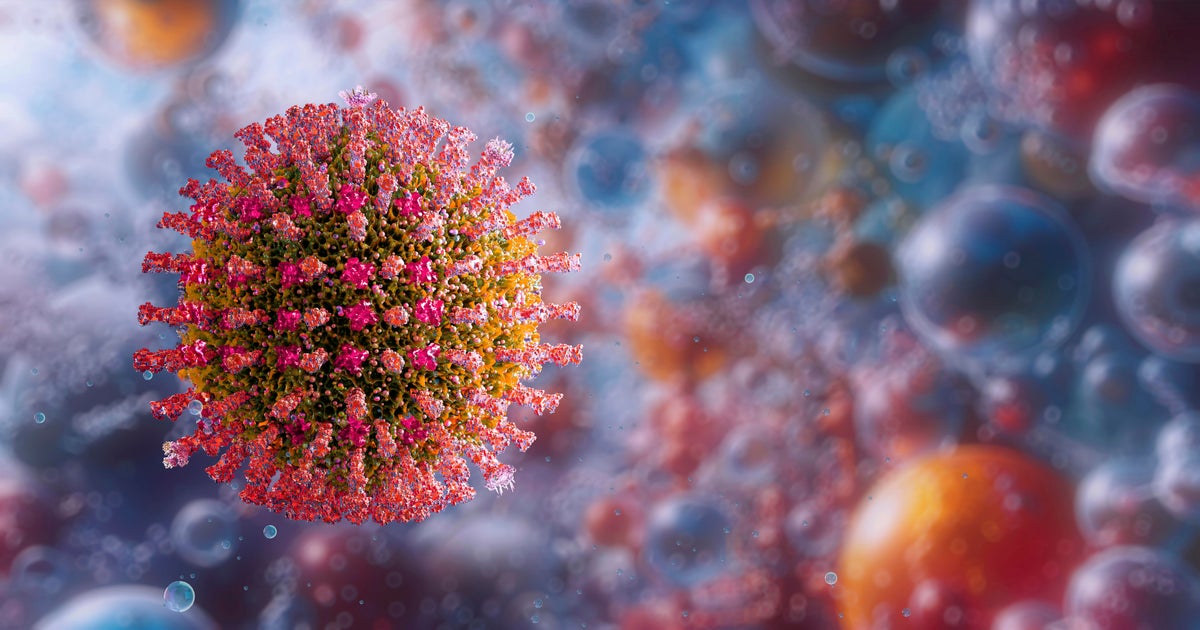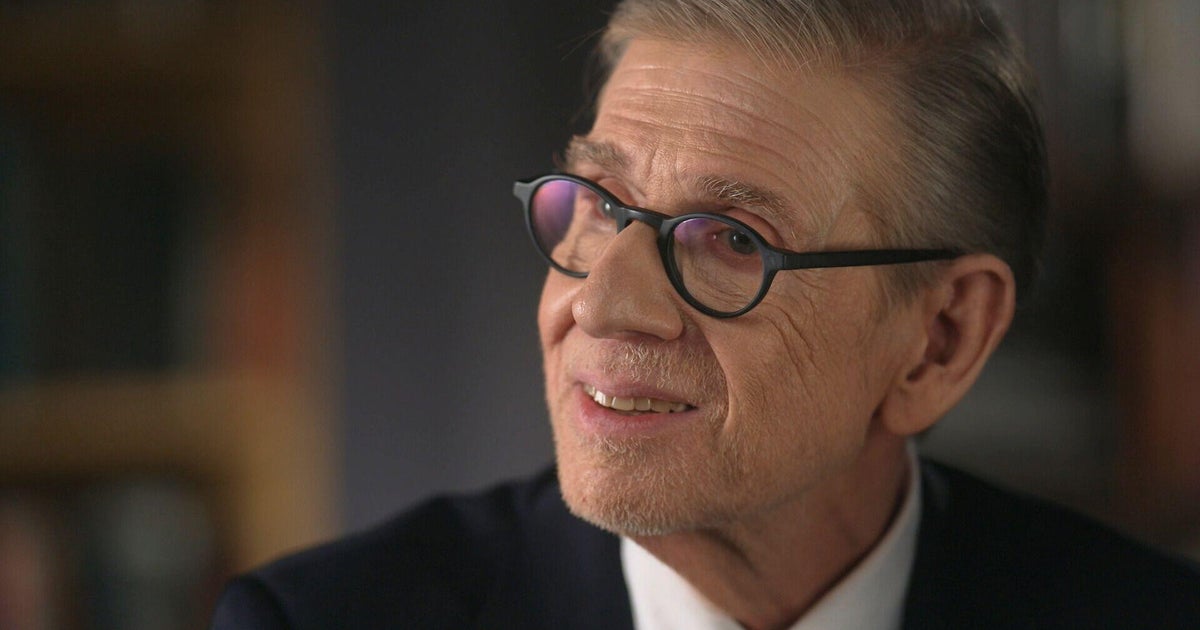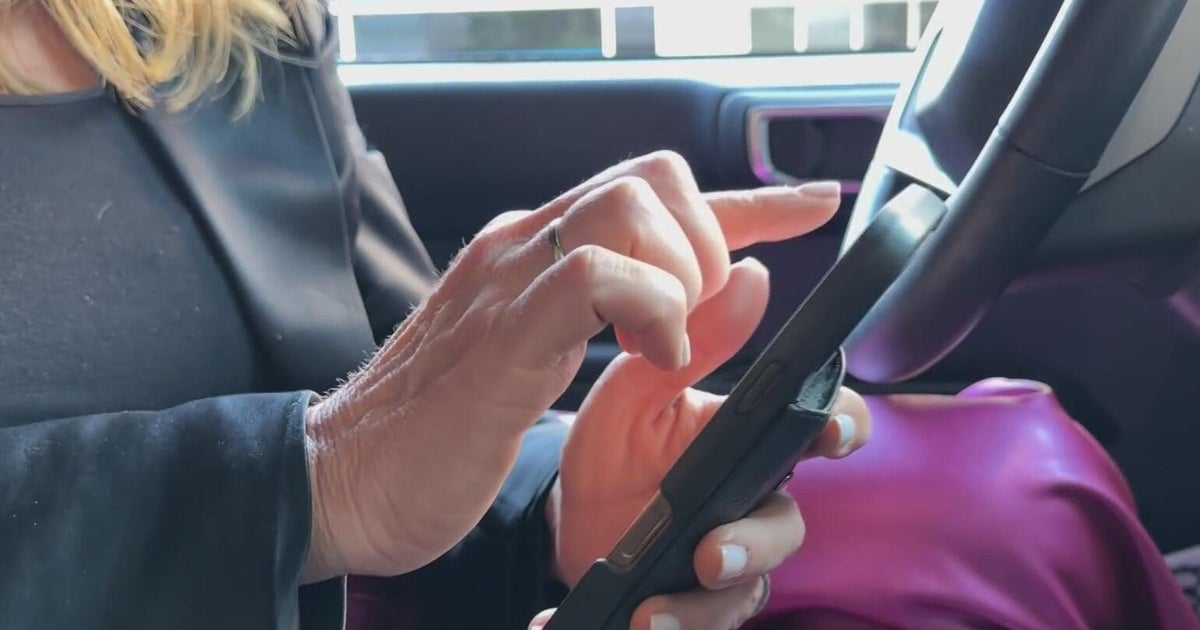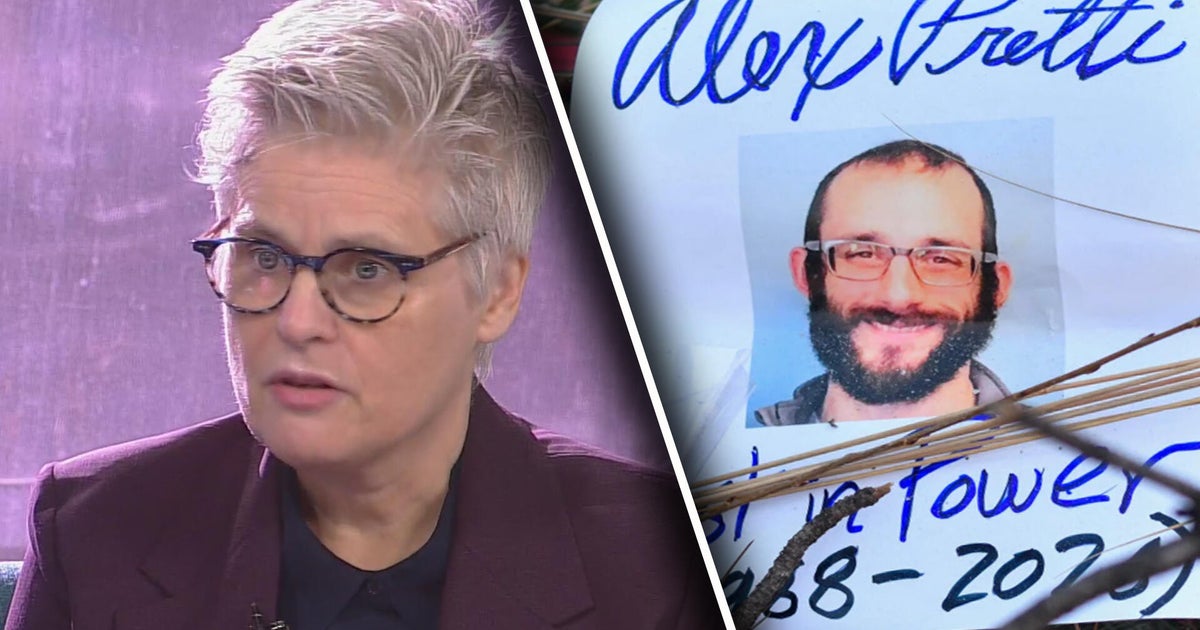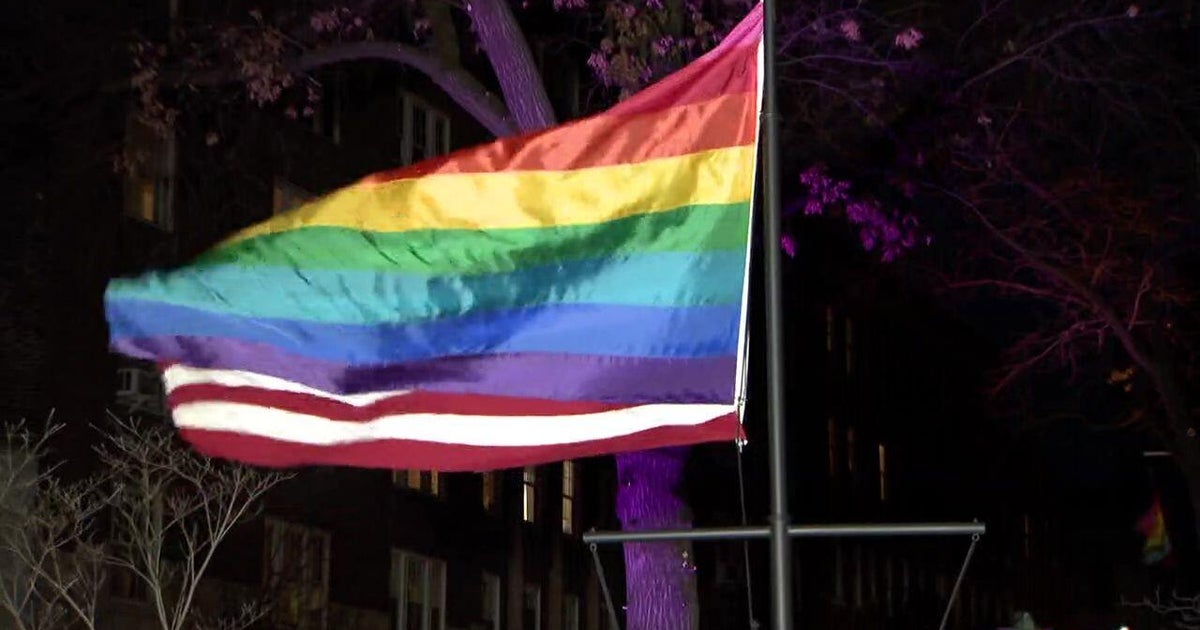LGBTQ+ activists demand better response to monkeypox outbreak
SAN FRANCISCO (KPIX) - The number of monkeypox cases is increasing in the Bay Area and nationwide prompting a call for action from members of the gay community.
Elected leaders joined LGBTQ+ activists on Monday and rallied outside of the San Francisco Federal Building, calling for a better response to the outbreak. They want the Department of Health and Human Services to increase access to the monkeypox vaccine and provide more testing, while improving messaging about the virus.
"The spread is already quite a bit larger than the numbers show because testing isn't happening," said Ryan Booth, a San Francisco resident who has been working with others in the city to improve awareness about the disease. "I know several people, quite a few people who have gotten monkeypox."
Dr. Peter Chin-Hong is an infectious disease specialist at UCSF. He says the lessons from COVID-19 make it clear how to respond to monkeypox. Public health agencies need testing resources, vaccine supply, and effective drugs to treat this virus.
Chin-Hong says unlike COVID, we have all three in place but not enough of each at this moment. While some experts say the window has closed to contain monkeypox, he thinks there is still time.
"There's a lot of monkeypox around, much more than people imagined. It's in the wastewater, reflecting widespread community transmission," said Chin-Hong. "We don't have to get there, that's why everyone is focused on the now."
The San Francisco Department of Public Health announced it would receive 4,163 doses of the vaccine but cannot release its distribution plan until the supply arrives this month. The agency said last week it requested 35,000 doses of the vaccine.
"We will be able to control the outbreak though I can't tell you how long it's going to take," said Dr. Demetre Daskalakis, the director of the division of HIV prevention at the CDC. "Public health is a team effort and I think that it's important to remember that the buck does stop with the federal government."
KPIX 5 asked Dr. Daskalakis about the criticism of the federal response. He said the Centers for Disease Control and other agencies are working to increase vaccine and testing resources.
"I think that really the effort to get more of the vaccine to the U.S. has been fairly quick," he said Monday. "Anything could always be faster."
Even with a vaccine and treatment options for the monkeypox vaccine, medical experts are still trying to learn more about how best to respond to the virus. At this time, the guidance remains that the risk of transmission is only when symptoms are showing in someone.
For those who got the smallpox vaccine years ago, they may see some protection from monkeypox even though the vaccine likely loses its effectiveness over time. The U.S. stopped vaccinating people for smallpox in the 1970s but some people from other countries may have gotten the shot later. Some members of the U.S. military have also received the smallpox vaccine recently but before this outbreak of monkeypox.
"We have the technology, we just need the supply. We need a system to access the supply in an equitable way," Dr. Chin-Hong added.
Concerns about mental health and the stigma are also on the minds of medical experts watching the response to this virus. For some just attempting to get the vaccine is coming out. The focus so far has been on gay, bisexual, and other men who have sex with men while explaining to the public that anyone can get infected with monkeypox. The clarification on skin-to-skin contact also tries to make clear that this is not a traditional sexually transmitted infection.
"The stigma and the psychological trauma remains and affects multiple aspects of your life."
He also worries that people who do not self-identify as one of the communities at risk may not seek out the medical attention needed to treat a possible exposure to monkeypox. He hopes this outbreak is a reminder to normalize regular communication with intimate partners about their health practices.
Further research is needed on the time needed for the vaccine to reach full strength, with some indication that a long incubation time for monkeypox could help even one dose protect someone or see less severe disease shortly after getting the shot.
For those who attended the rally and have gotten the vaccine as well as know people who were infected locally, they still worry about not enough awareness about monkeypox. They hope the right public service campaigns will better educate everyone about how to protect each other from the virus.
"We know that doesn't work, we know that continues to shame people for being people, how they are," Booth said about attempts to blame the spread unfairly on the LGBTQ community.


